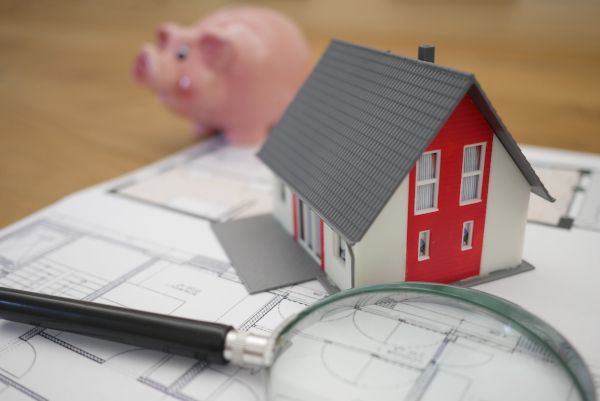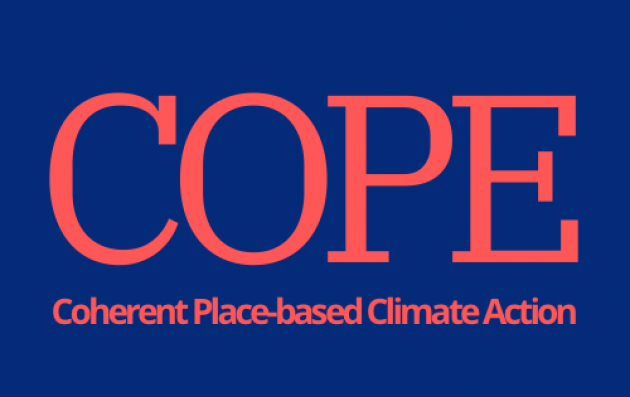ECO2 Energy Conscious Consumers
ECO2 Energy Conscious Consumers
European projectEnergy Conscious Consumers - ECO2 facilitated a large amount of consumers to become conscious about and improve their energy efficiency. It offered two forms of learning: an online e-learning, or transformative group learning, in which the e-learning system supported the group processes. Together the two – single or group processes - provided attractive approaches for a wide array of consumer segments.
The ECO2 processes were based on “blended” engagement methods, making use of both online and dialogue elements. Consumers were recruited by contacts through social media, consumer media, energy suppliers and other gatekeepers. Segmentation was used to increase the effectiveness of recruitment and to adapt the e-learning processes. The processes were thematic, facilitated by an online ECO2 Platform, based on the online/blended engagement platform EngageSuite.
Additionally, an "action" on co-creation of policies, innovations and designs was executed and the results communicated to policy-makers and innovators through policy seminars. ECO2 had three phases: ramp-up, pilot and upscaling. Ramp-up concerned infrastructures, segmentation analysis, story-boards and production of themes. Pilots test the "actions" with voluntary consumers. Upscaling involved viral recruitment of consumers, expansion to new countries, and collaboration with consumer gate-keepers.
ECO2 was implemented as a large-scale e-learning system for European citizens, who were supported in the implementation of concrete actions to save energy and make their homes more energy-efficient. It took the form of a dynamic knowledge-sharing platform (ACT4ECO) facilitating knowledge for consumers on how to use energy wisely. By following the learning paths proposed by ACT4ECO, each user climbed the “ladder of change” from motivation to exploration and finally to action. Community building ECO2 helped energy consumers throughout Europe become conscious about their energy consumption and improve their energy efficiency. Since consumers play a key role in the transition process towards sustainable energy, the project empowered them by transmitting the strategies on how to consume less energy in their daily lives.
The main outcome of the project was ACT4ECO, a dynamic online platform aimed at engaging energy consumers interactively either with e-learning tools or transformative group learning within their local communities. As a tool for both educational purposes and community-building, the platform eventually motivated energy consumers to explore various solutions in terms of home improvements and implementation of energy-saving best practices. On the ACT4ECO platform, each user had the opportunity to create his/her own learning and decide which actions to implement.
The platform guided users to take action in five important themes:
- Change the house: limiting the carbon footprint of the house by improving its energy performance and investing in highly efficient technology options and appliances.
- Smart consumers: familiarising users with options for controlling their energy consumption by correctly using and understanding ICT energy equipment.
- My energy consumption: helping users draw links between their daily routine activities and their energy consumption, e.g. by adopting small changes in behaviour that can bring significant improvements.
- No rebound: avoiding the return to bad energy consumption habits.
- Make their own energy: guiding consumers in evaluating if it is worth investing in small-scale energy generation, e.g. by providing information on the necessary technical requirements.
With a budget of over 1 million €, ECO2 project was developed in three phases:
- Ramp-up: making infrastructures, segmentation analysis, story-boards and themes production.
- Pilot: the five 'actions" are tested with voluntary consumers on the ACT4ECO platform. This phase could be considered a user-driven content development process ensuring high-quality usability and relevance of content.
- Upscaling: the final step involves viral recruitment of consumers, expansion to new countries and collaborations with consumer gate-keepers.
ECO2 also aimed at developing a set of information and results for users to establish a dialogue with policy-makers and innovators at a European knowledge on energy efficiency issues, and create responsible and environmentally conscious citizens.
The goal was to reach a minimum of 1000 consumers in the 11 partner countries, totaling 11000 users for the platform. If each of these consumers take three actions, they will each save the energy equivalent of 30kg oil, making the expected outcome of ECO2 330.000kg or 4.2~ GWh.
The project started in 2018 and was completed in 2021.
It addressed the topics of: behaviour, heating and cooling system, household appliances, indoor comfort, information and awareness, quality of dwelling, renewable energy and energy efficiency.
-
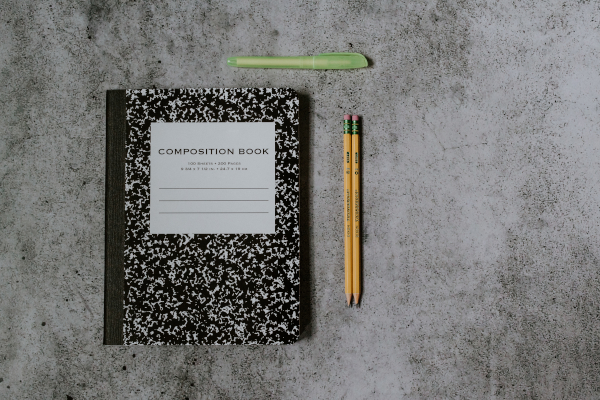
-
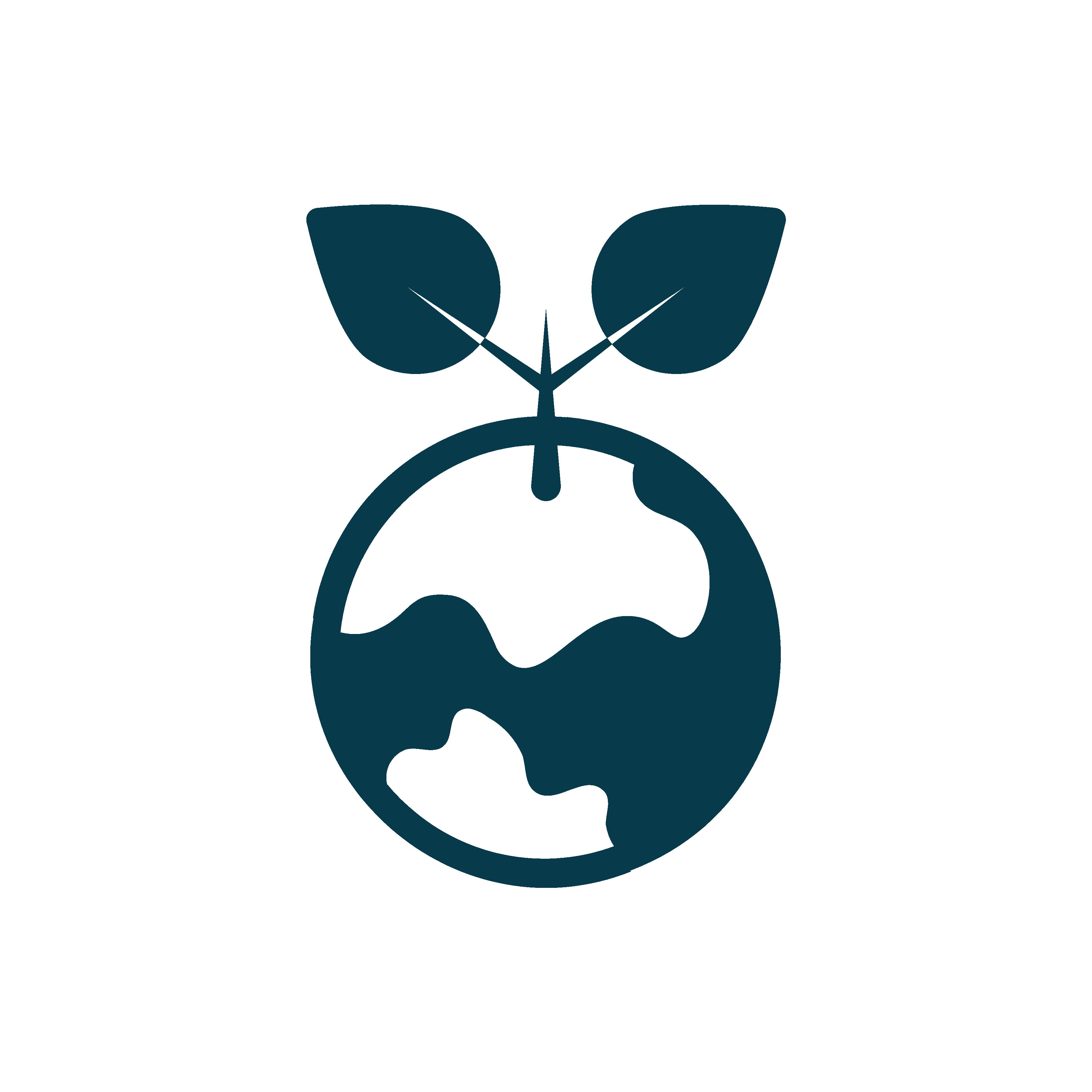
Denmark, Greece
-
 Geographical scale:
Geographical scale:
-
 Energy poverty phase:
Energy poverty phase:
-

-
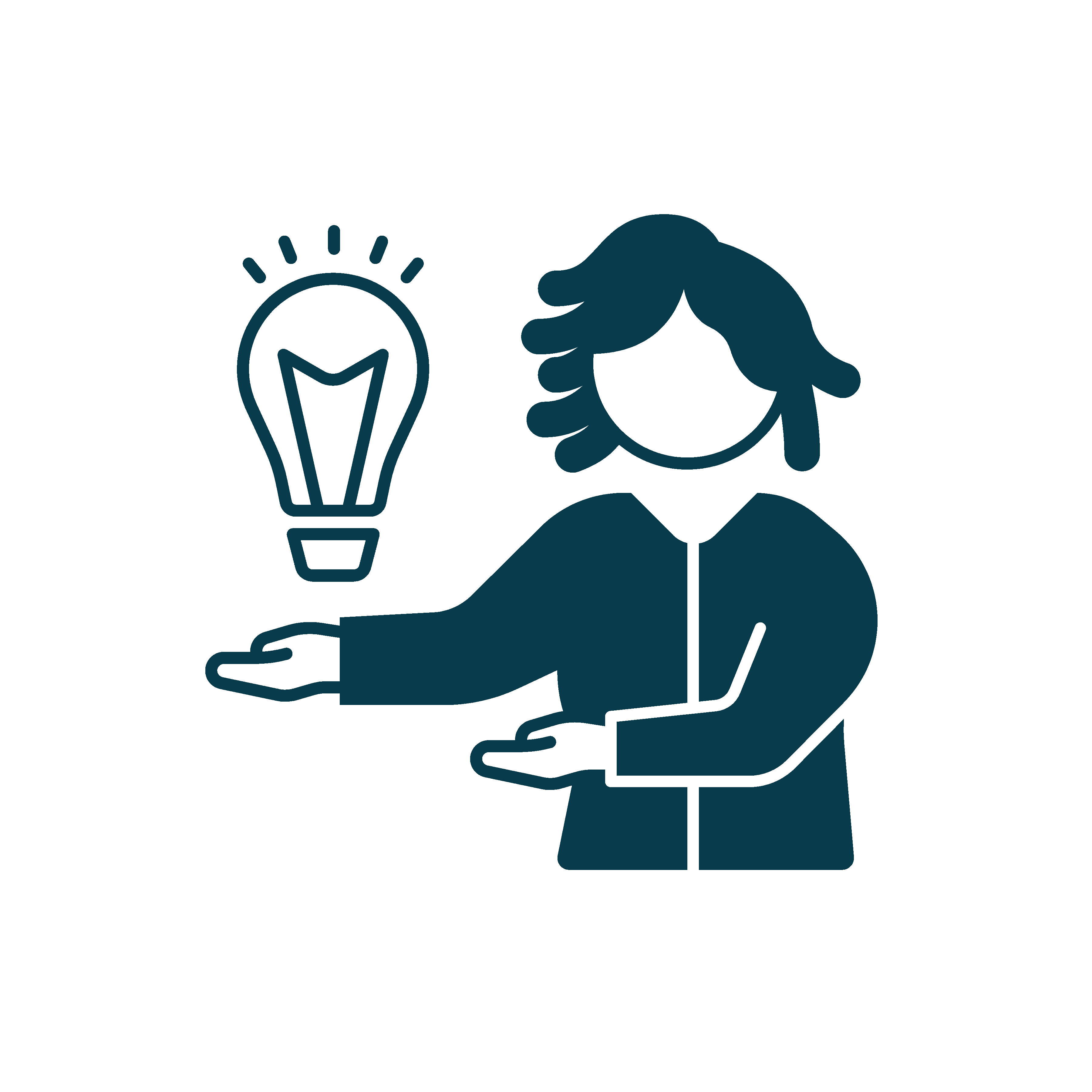 Professionals involved:
Professionals involved:
-
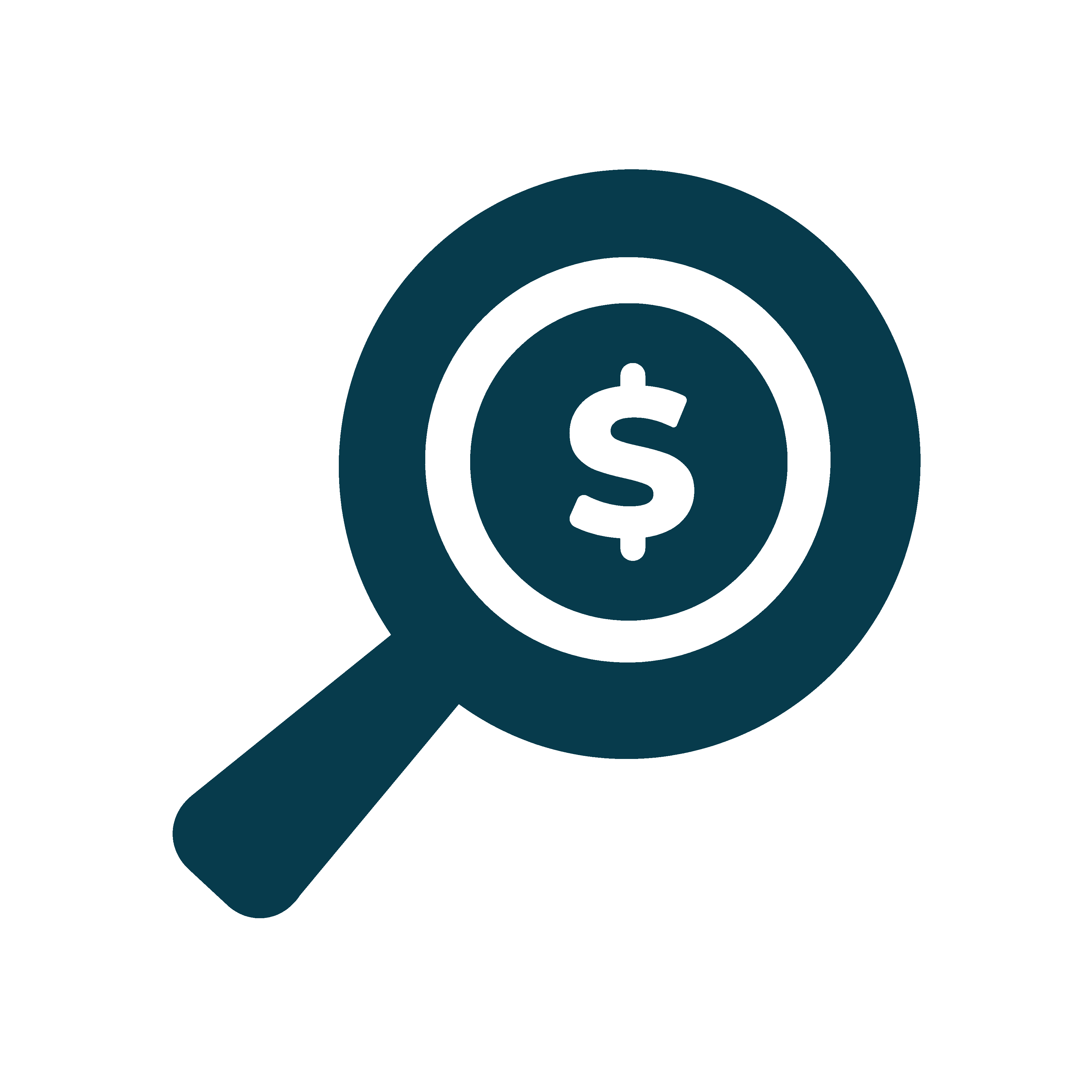 Type of funding:
Type of funding:
European funds from H2020 programme of the European Union -
SDGs addressed:
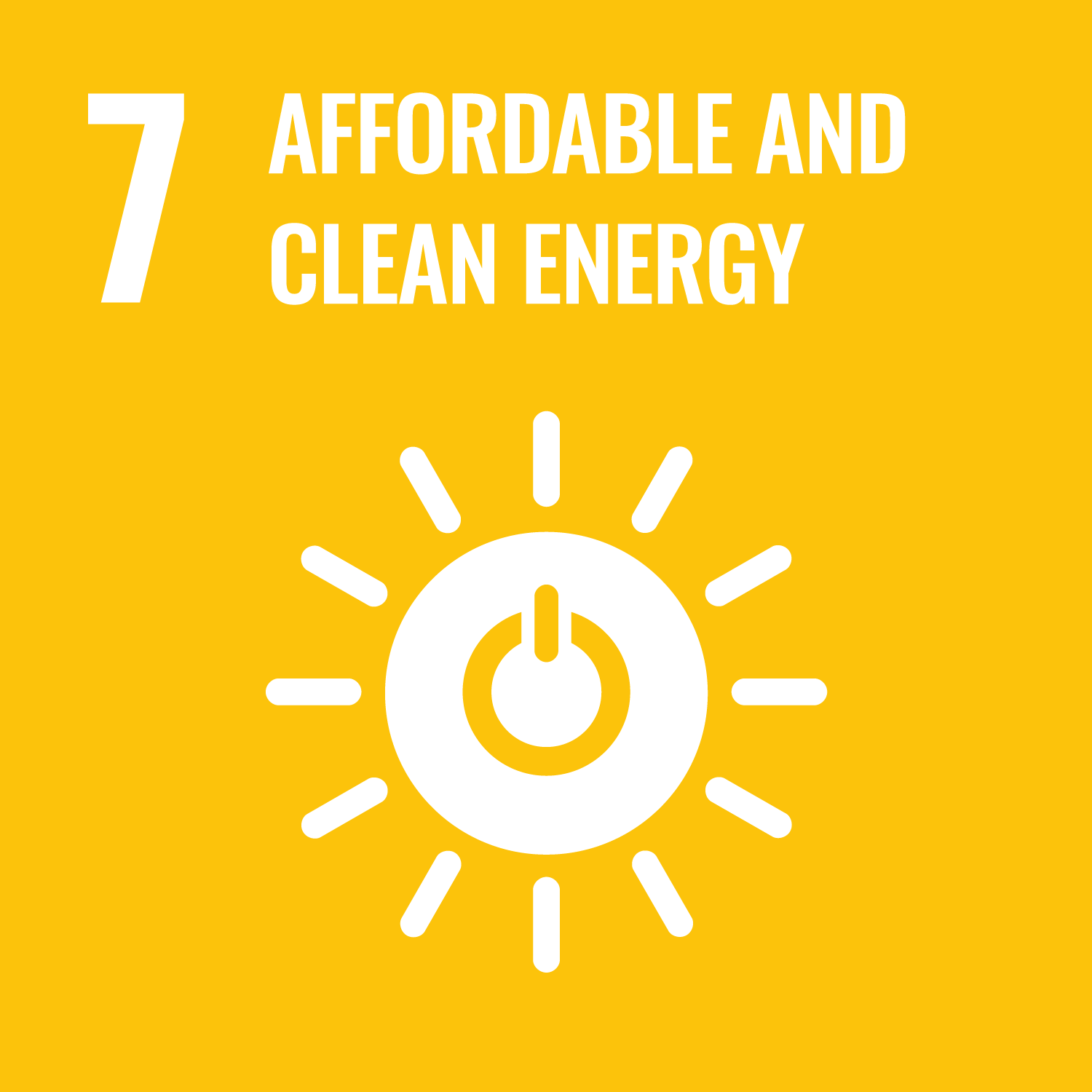
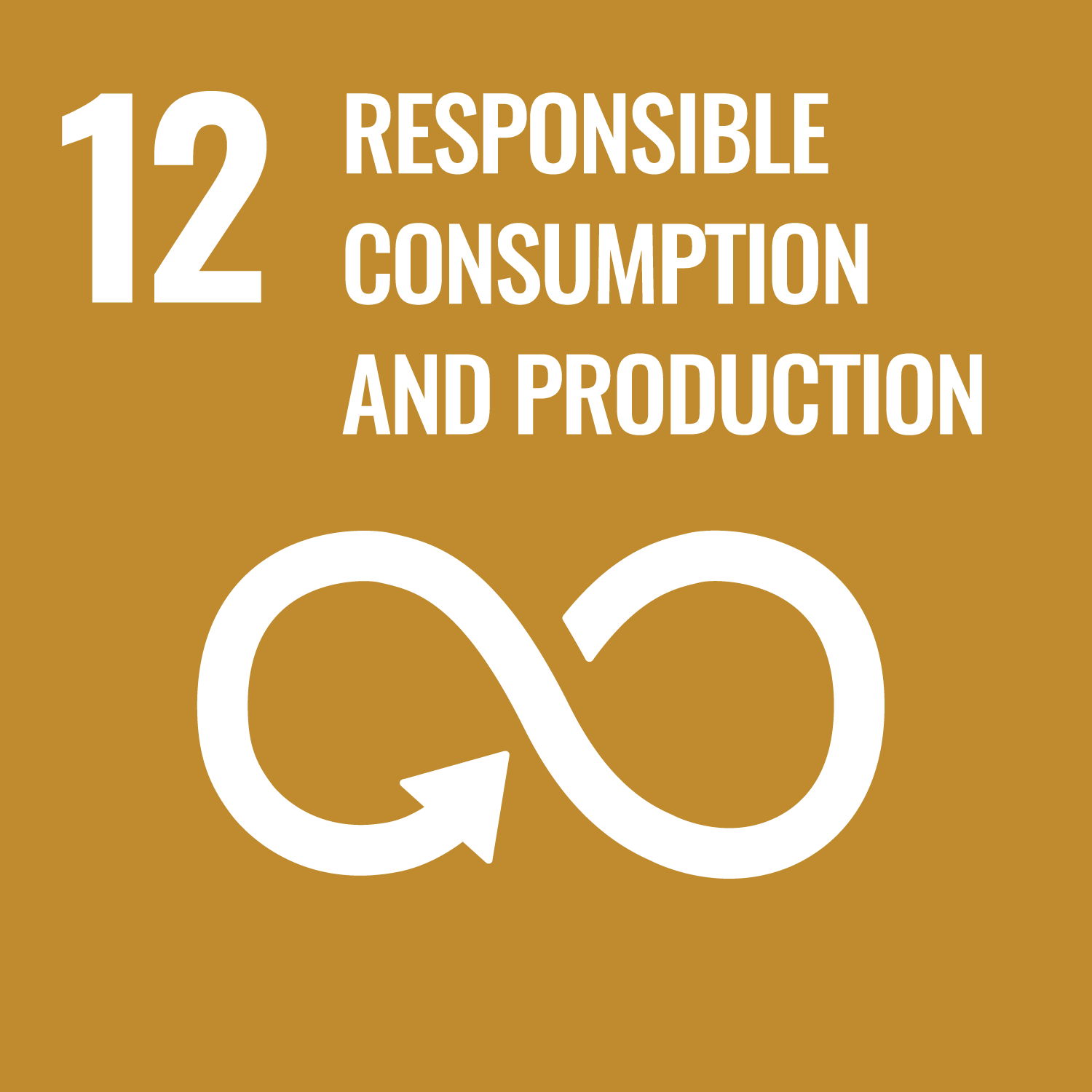
Explore more
